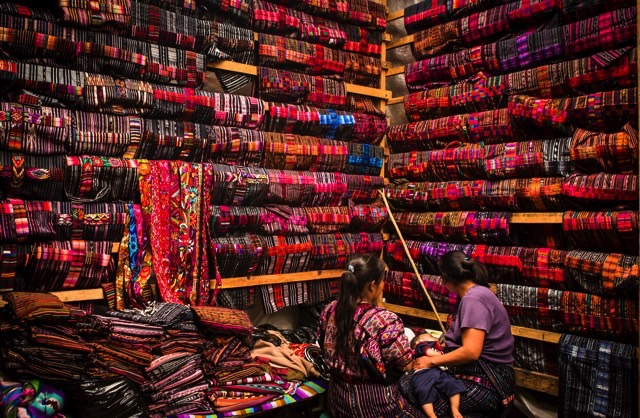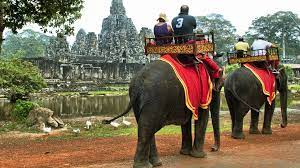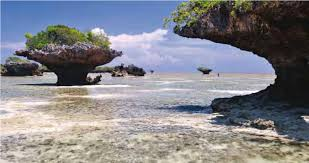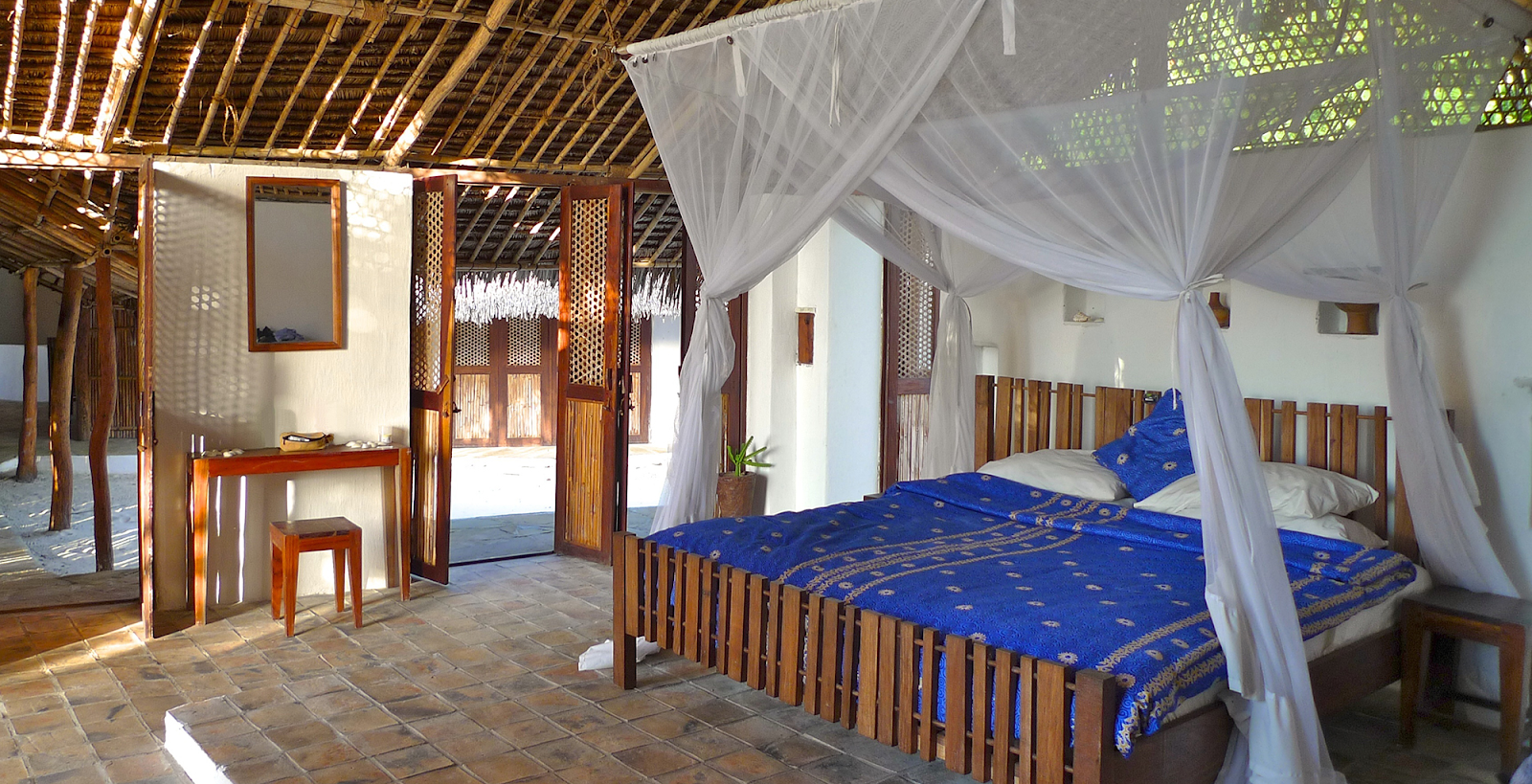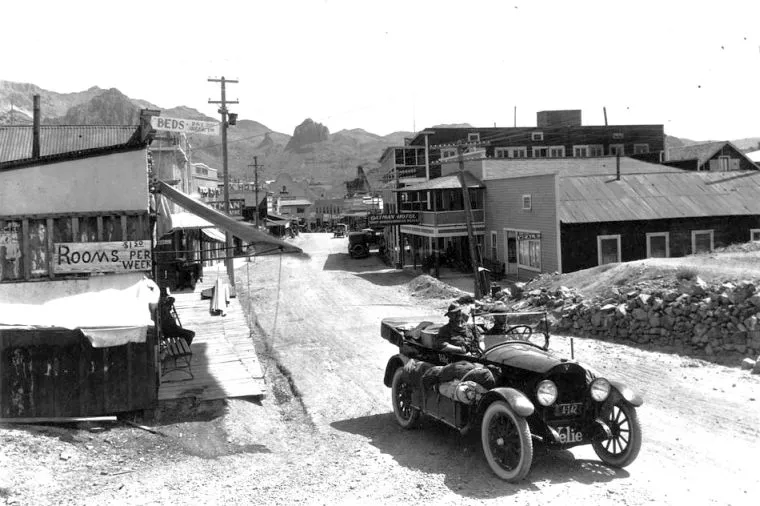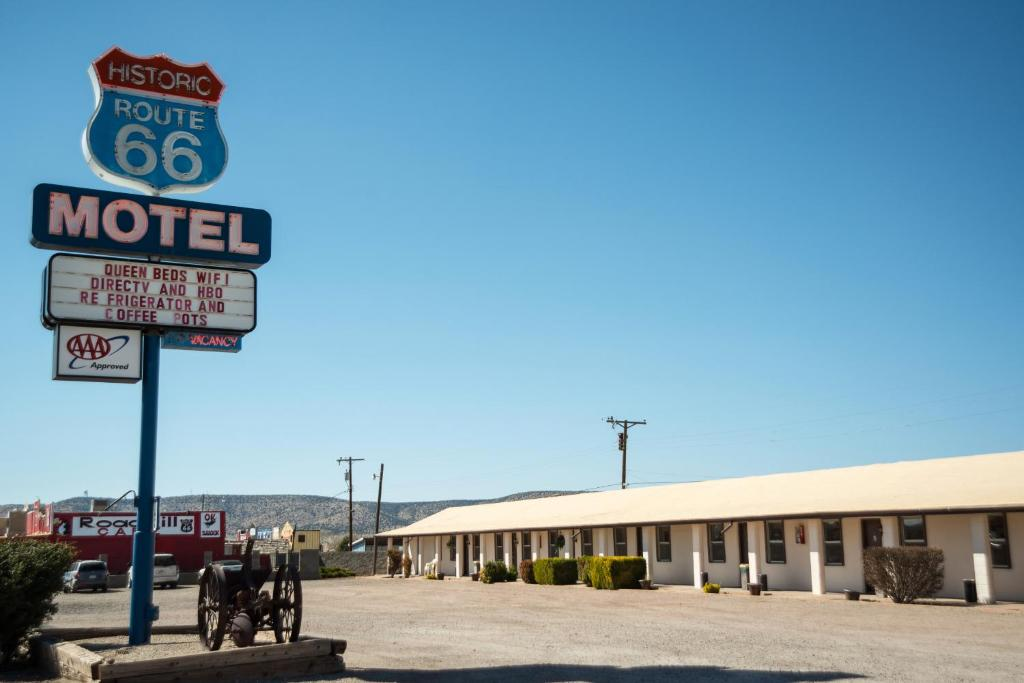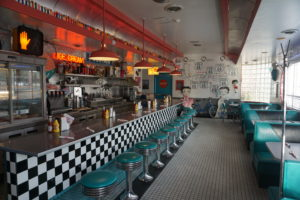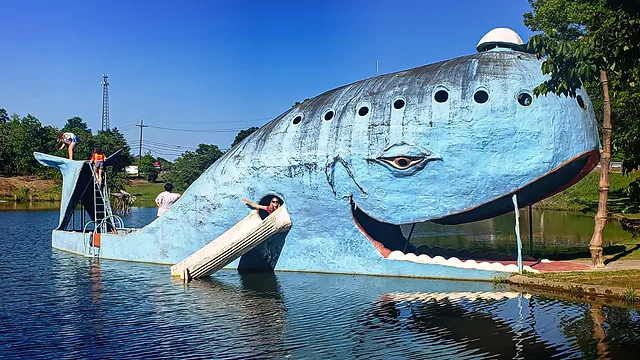In today's lesson you are expected to take notes. When it's time to write the story in the classroom you can only use your notebook and not the Internet.
With the help of the Internet gather as much information as possible. All place names and geographical information have to be true, but the story itself and characters can be a fantasy. You must be one of the characters.
1) Decide who you are together with on your road trip. It can be a fantasy character / characters. Decribe them with essential keywords.
2) Take notes of your car. Give technical details and describe its features.
3) Choose an interesting country.
4) Find 2 different places (towns) in that country. It's better if they are quite far apart because your journey needs to be longer than 2 days.
5) With the help of Google Maps, find out how to drive from A to B. Write down: how many kilometres, how many hours the journey is, which other major towns or important areas the road goes through.
6) Find interesting sights along the route. All names have to be accurate! Take notes.
7) Decide where you are staying for each night. If it is a hotel / motel, then take notes about it. If you decide to sleep in the car or on a campsite, also find out where.
8) Where do you get food, where do you eat?
9) What happened on that road trip? It's advisable to create a timeline in your notebook.
10) Decide how you are going to start: with a quote, a description of the atmosphere, a description of the car / location / character etc., a description of a certain action, sth else
If needed watch videos or find extra information to get inspiration. Your story should be educational ( give readers accurate information about the area and what's it like to travel there) but also entertaining (fictional characters, surprising plot etc.).
That's the end of today's lesson (12 May 2025).
__________________________________________________________________________________
WRITING (You can use your notebook, but not your textbook or the Internet)
1. Your story has:
* accurate information about the route, sights and places, though otherwise the plot can be fictional
* description of your car
* at least one description of your accommodation
* at least one description of your food / place you had food
2. Your story is written in narrative / past tenses.
3. In your story you have used phrases for ordering the events (By the time, suddently, at first etc.)
4. There are some quotes / direct speech in your story. The woman exclaimed, "Leave me alone!"
____________
Correction of mistakes
1) Names: The Crown Hotel, The Old Bell Restaurant (without quote marks, all nouns in capital letters, article "the"!)
2) Geographical names: Lake Windemere, The River Severn
3) it's or its? (it's = it is / it has; its = belongs to it)
4) so = as a result, therefore, consequently, hence, resulting in .... (There has to be a comma before "so".)
5) Is "and" needed? We drove to the town and on our way we picked up a hitchhiker. => We drove to the town picking up a hitchhiker.
6) Try to avoid using unnecessary words. We wanted to go to do some shopping. => We wanted to do some shopping.
7) Don't misuse commas! First we started driving towards the capital, it was a 3-hour-long journey. => First we started driving towards the capital which was a 3-hour-long journey. / First we took a 3-hour-long journey towards the capital.
